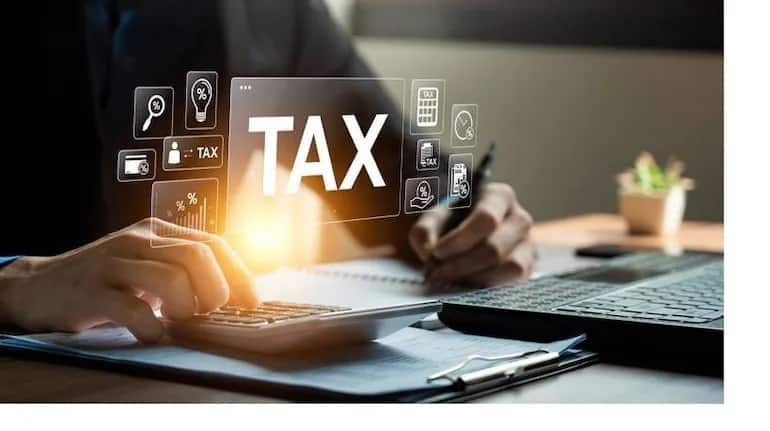
The season of filing income tax return (ITR) has started. Especially after issuing Form 16 of Employees, salary taxpayers have also started filing returns. However, this time the deadline to file income tax returns is 15 September. However, experts say that taxpayers should not use the last date to file returns. While filing the return, you should not try to hide any kind of income.
Income should be according to high value transactions
Experts say that the Income Tax Department is aware of every financial transaction of taxpayers. Especially his eyes are on high value transactions. This means that if a person does high value transactions, but shows his income less in income tax returns, then his income tax department is sure to come under the eyes of the department. The aim of tracking high value transactions is to curb tax evasion cases.
There is a special eye on the data of deposits in the bank
The Income Tax Department monitors the high value transactions of the taxpayers with the data from the bank and the financial institutions. Vivek Jalan, partner of Tax Connect Advjayry Services LLP, said that under the rules, it is necessary to give information about various types of transactions for banks and other financial institutions to the Income Tax Department. For example, if a person deposits more than Rs 10 lakh in savings accounts in a financial year, then the bank has to inform the Income Tax Department.
Income tax department becomes alert even after withdrawing more money
If a person withdraws more than 50 lakh rupees from a current account or deposits, then the bank will have to inform the Income Tax Department. If a person pays a credit card bill (leaving cash) of Rs 10 lakh in a financial year, then the bank will give information to the bank income tax department. If 2 lakh rupees come to your account from the sale of goods or services, then the department will get its information.
These are the biggest weapons of the Income Tax Department
It is important for you to understand that the Income Tax Department does not track different transactions of taxpayers. Instead, the Department uses an annual information statement (AIS) and Form 26AS. Both these documents include every transaction of taxpayers, small and big. For example, if you have purchased or sold shares, then it will be known in it. If you have traded in stock markets, then it will also be known in it.